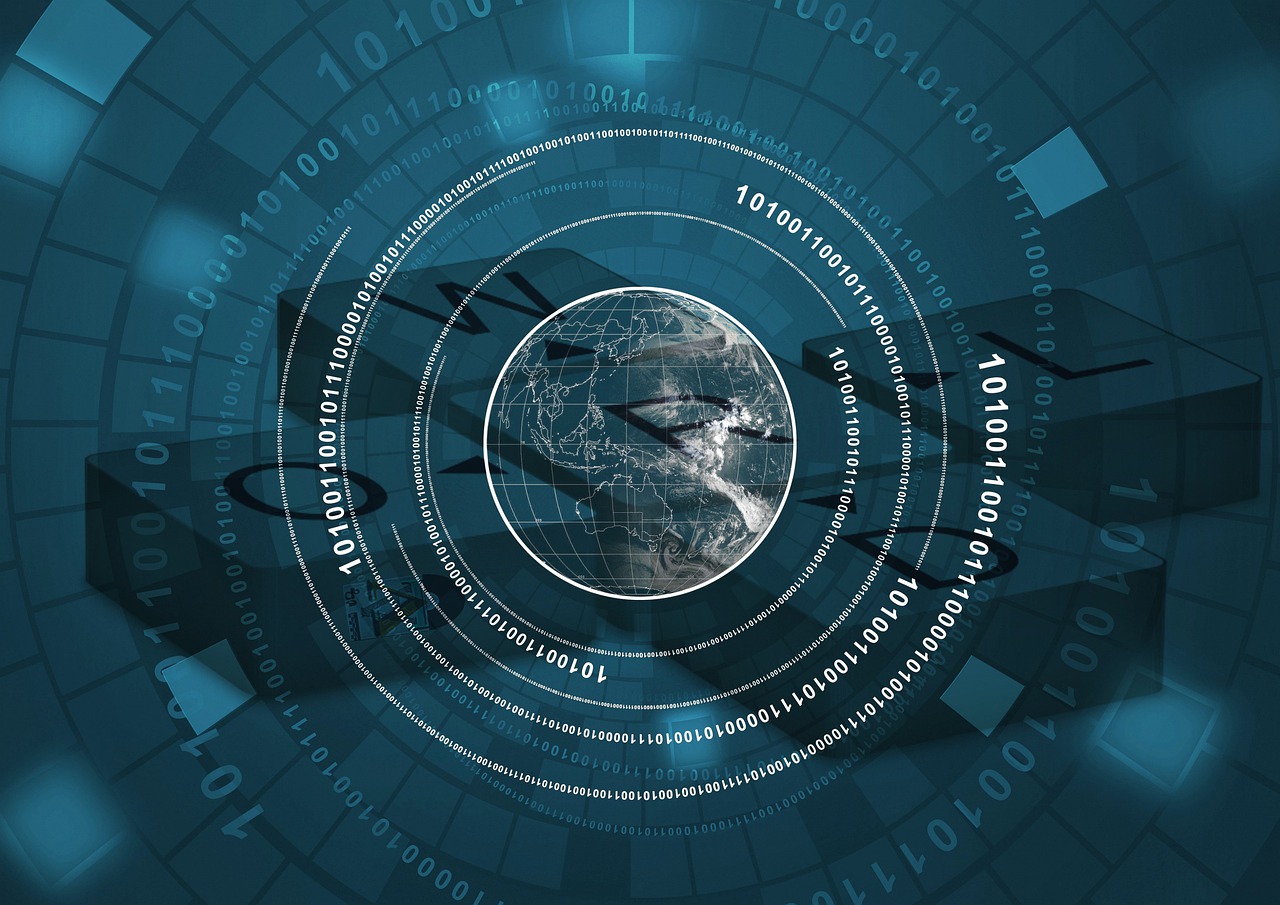This post is also available in:
 עברית (Hebrew)
עברית (Hebrew)
At least 60 serious cyber attack attempts target the armed forces and other parts of UK defense every day. In order to confront this challenge, the UK has developed offensive cyber weapons that could take out power grids and other pieces of critical infrastructure in an enemy state.
General Sir Patrick Sanders, commander of Strategic Command, said military personnel work closely with the civilian spy agency GCHQ on offensive and defensive cyber operations. He said: “National offensive cyber capabilities… can degrade, disrupt and even destroy critical capabilities and infrastructure of those who would do us harm, ranging from strategic to tactical targets”. He did not specify what types of targets could be hit but critical infrastructure includes power grids, communication towers and other parts of a country’s vital supplies and buildings.
“Cyber space is the most active domain, where adversaries and allies will meet over the next decade.” He said millions of “cyber events” are tracked every year. Most of them are dealt with automatically, but about 1,800 per month, or 60 per day, are the most serious and require human intervention. They could include attempts by hostile foreign states to target military equipment, infrastructure or personnel.
Comparing the impact of such attacks to the Blitz, he said “the intensity and the frequency of the attacks are on the same scale and if we let too many so-called bombers and their payloads through then it will sow the seeds of defeat. Not immediately, but slowly, insidiously, corrosively and inevitably.”
Strategic Command covers a range of other areas as well as cyber, including special forces, Defence Intelligence, satellites and digital technology, which is used across the army, Royal Navy and Royal Air Force. It is a much younger command than the three services, but according to news.sky.com, it is becoming increasingly important because of the focus on cyber, space and autonomous technology.


























